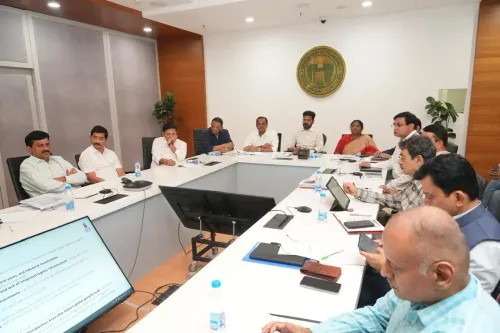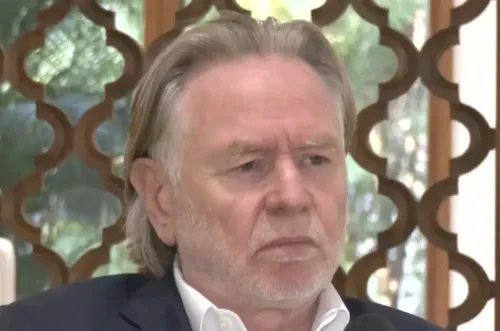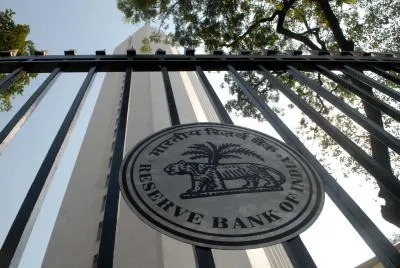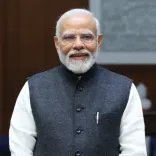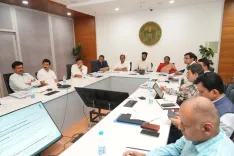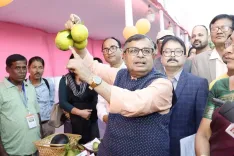Experts Urge India to Strengthen Man-Made Fibre Production for Export Growth
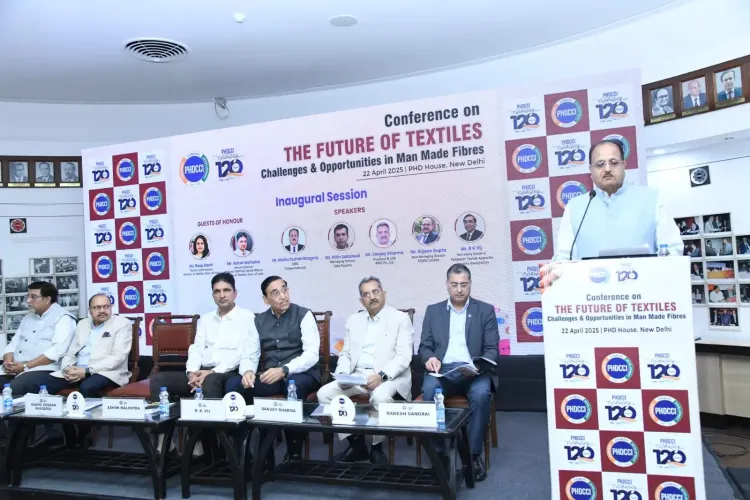
Synopsis
Key Takeaways
- Need for resilient fibre ecosystem
- Accelerating MMF growth
- Technical textiles potential
- Standardization importance
- Private-public collaboration
New Delhi, April 23 (NationPress) There is a pressing necessity for a robust and sustainable fibre ecosystem in India, alongside the implementation of a cohesive and forward-looking strategy to bolster man-made fibre (MMF) capabilities, aiming to challenge China's global supremacy in polyester production, experts asserted on Wednesday.
Ashok Malhotra, the Mission Director of the National Technical Textile Mission (NTTM), emphasized the urgent need for India to expedite its MMF development, targeting a substantial increase in market presence to attain global competitiveness.
During a PHDCCI conference, Malhotra also discussed India's potential in technical textiles and NTTM's efforts to promote local manufacturing and investigate advanced applications, while acknowledging India's growing strengths in specialized export markets.
Madhu Sudhan Bhageria, Chair of the PHDCCI Textile Committee and CMD of Filatex India Ltd, underscored the essential requirement for a resilient and sustainable fibre ecosystem.
Rajeev Gupta, Joint Managing Director of RSWM Ltd., delivered an impactful talk on the rising global influence of MMFs, highlighting India's capability to considerably expand its MMF fibre production to fulfill ambitious export goals, and the need to synchronize private sector innovation with government support initiatives.
Jitender Kumar Gupta, Head, TXD and Scientist – E at the Bureau of Indian Standards (BIS), pointed out the critical importance of standardization and Quality Control Orders (QCOs) in ensuring the quality and compliance of MMFs and yarns, stressing the significance of the BIS Standard Mark.
The conference held in the national capital saw participation from over 80 delegates who actively engaged in enlightening discussions and knowledge sharing with the distinguished speakers.
This event served as a crucial platform for essential dialogue and cooperation, paving the way for strategic improvements and sustainable growth in India's MMF sector, thereby reinforcing its position in the global textile landscape.

